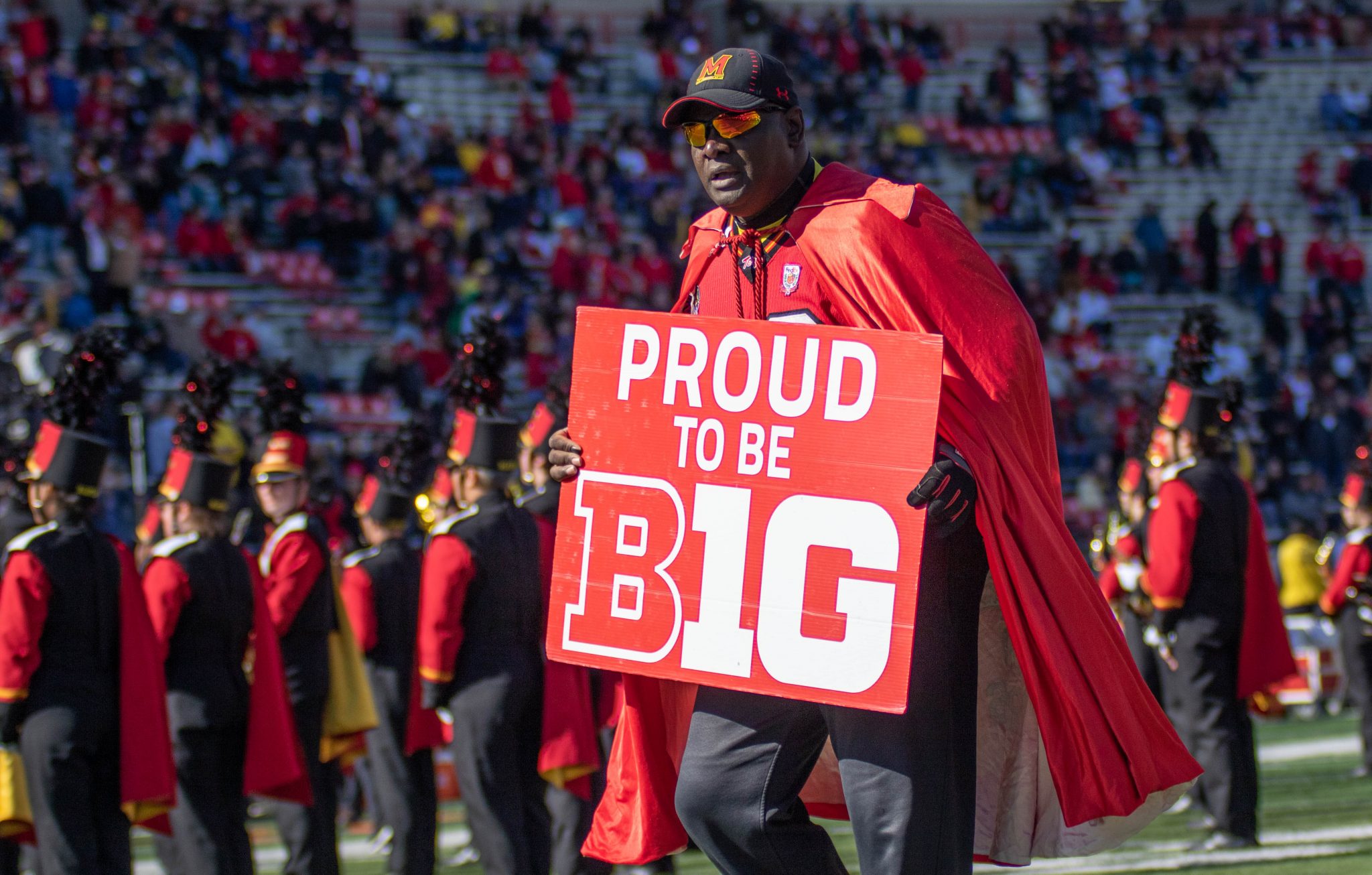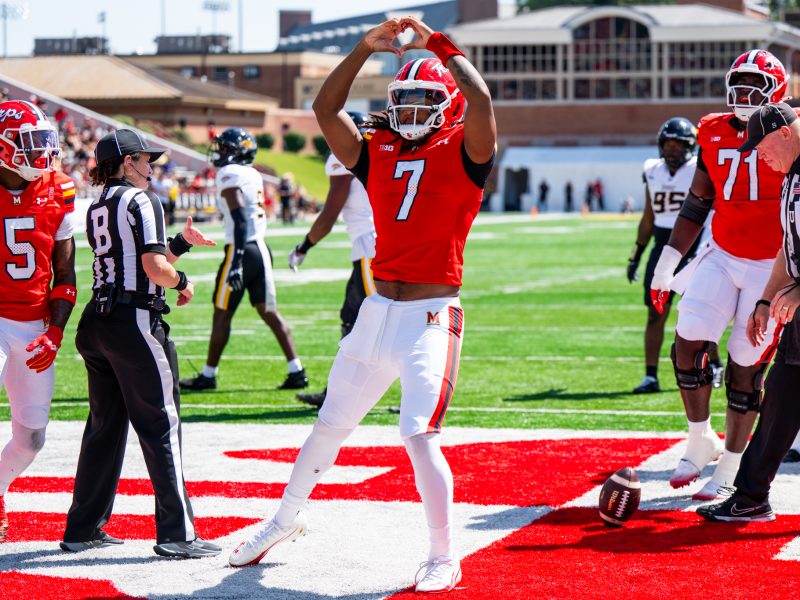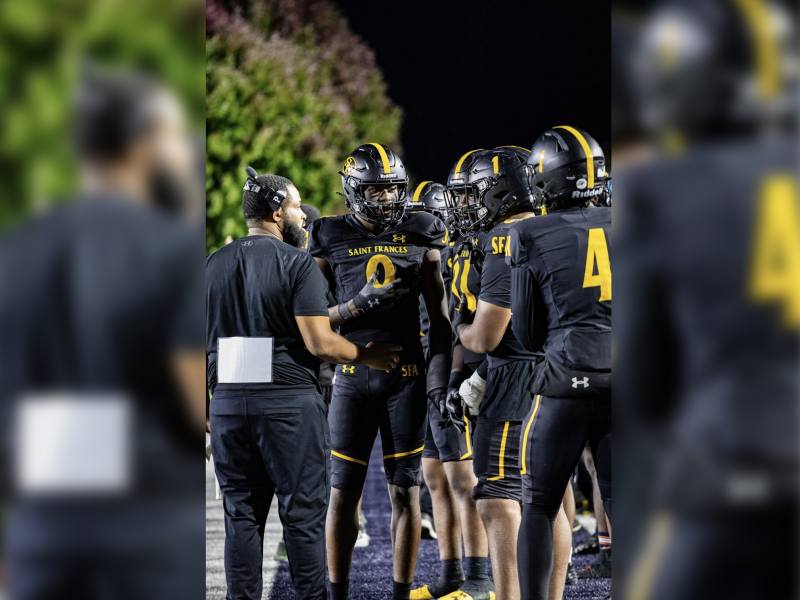For months, speculation has been rife as to how the coronavirus pandemic would impact sports schedules. It disrupted the MLB, relocated the NBA and remodeled the Premier League.
And now, it’s changing college sports. The Big Ten revealed Thursday its plan for a 10-game, conference-only schedule for football, as well as similar changes across all fall sports, according to a press release.
The conference’s decision comes after the Ivy League’s announcement that it is canceling all sports until at least January and the ACC’s announcement that it is delaying all fall Olympic sports until at least September 1.
“We are in full support of the actions taken by the Big Ten Conference today,” Damon Evans, this university’s athletic director, wrote in a statement. “We know there are significant unknowns at this time but are working to ensure the health and safety of everyone in our campus community remains our top priority.”
[Maryland athletics reports no positive tests in first round of coronavirus screening]
The season is still poised to start in early September, and the league hasn’t established a position regarding potential changes in venue — or fan attendance. The decision was made following discussion between Big Ten presidents and chancellors and athletic directors, as well as medical staff, according to the statement. The conference-only schedule will allow the most flexibility going forward, the statement read, which could result in no match-ups at all.
“Based on the best advice of medical experts, we are also prepared not to play in order to ensure the health, safety and wellness of our student-athletes should the circumstances so dictate,” the statement read.
For Maryland football, the shift is significant. Typically, Big Ten teams can expect three non-conference contests followed by a competitive conference slate dominated by powerhouses such as Ohio State, Penn State and Michigan.
This fall, though, will look different. Under the new rules, colleges will play two fewer games and regional rivalries and traditional clashes will be put on the backburner for the foreseeable future.
[Maryland athletics to allow voluntary workouts for football players beginning June 15]
Football coach Mike Locksley’s side will now have to prepare to plunge into a part of the schedule it has struggled with in recent years. The Terps will no longer have matchups against Towson, Northern Illinois or West Virginia — valuable opportunities to develop continuity before a grueling Big Ten slate.
But for other squads, the change may be far more kind in the win-loss column. Men’s soccer, which usually assembles some of the most difficult non-conference schedules in the nation, won’t have to face some of the other top-25 schools it routinely plays. The same is true for field hockey, a squad that has only lost six Big Ten games since the Terps joined the conference in 2014.
The conference also reiterated promises from earlier this summer. All summer workouts and team activities are still voluntary, and athletes that elect to sit out the season will not have their scholarships revoked, the statement said.
Further decisions from other conferences will come over the following weeks and months as college sports continue to adapt.
This story has been updated.



